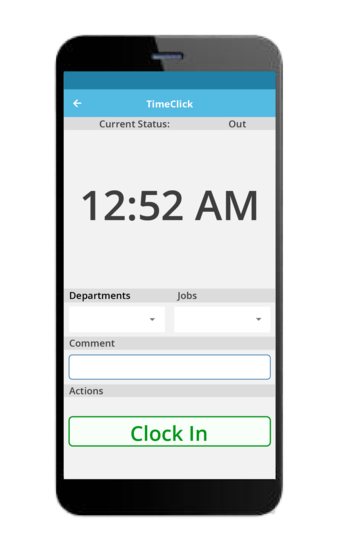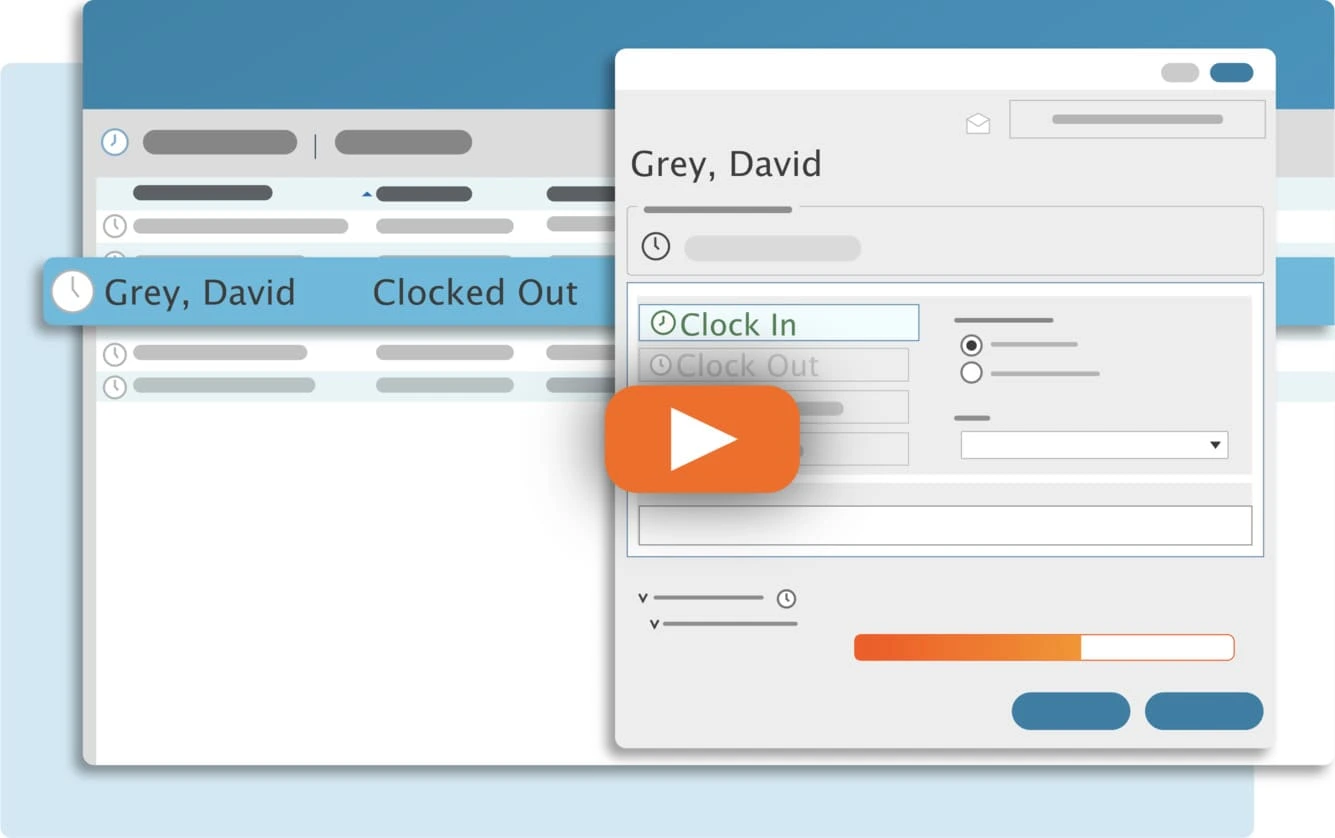Regardless of nearly any cultural or geographical barrier, people seem to value this among other virtues: hard work. We earn good grades, income, and just about anything else that can help improve our quality of life. With that said, even the hardest worker has a limit.
The balance between work and rest is a delicate and precarious one, always seeming to teeter between two extremes: one of a disgruntled workforce and the other of lost productivity. In short, the 9/80 work schedule represents a fresh and new approach to striking the ideal balance.
What does 9/80 mean?
Think of 9/80 as a different way of structuring the traditional workweek. The big idea behind the 9/80 work schedule revolves around giving employees more days off without sacrificing productivity.
Take a conventional schedule. Employees work 80 hours over two weeks, splitting them evenly over ten business days from Monday through Friday. 9/80 takes the same number of hours over two weeks and redistributes them so employees only work nine instead of ten business days.
9/80, even with its growing popularity, is still a relatively new idea. Since the vast majority of the American economy still operates on the traditional Monday through Friday schedule, companies opting for 9/80 need to get creative to avoid experiencing gaps in operation.
Some companies address this issue by splitting employee schedules into two or more groups. Each of the groups takes the extra day off at different intervals so the company remains continuously operational as a whole.
For example, a retail store wants to try out the 9/80 work schedule. They divide their sales employees into two teams with one team that takes every second Friday off and another team that takes every second Monday off. Take the sample schedules below:

On paper, this schedule allows for an extra day off for all employees while still keeping the store open for five days per week. On paper, this schedule may look like a win-win situation for employer and employee alike.
Pros of the 9/80 Work Schedule
Imagine a world where you can boost productivity and employee morale simultaneously without affecting the budget. The 9/80 work schedule carries real potential to make this dream-like scenario reality. In fact, this potential continues to drive more and more companies to make the switch.
Research has already proven that time away from the office can profoundly affect an employee's mental health and productivity. On the flip side, employees can suffer mentally and emotionally when faced with constant, endless work.
Take an extreme example. Tell your employee they do not have to work on Fridays, yet you will still pay them and offer the same benefits. Imagine their reaction. Then, imagine you instead raised your employee's pay earlier than scheduled.
Again, this scenario takes the comparison to the extreme. Regardless, the point remains that employees largely value time off over nearly anything else a boss can offer them.
As previously demonstrated, the ball lies in the boss's court to ensure this kind of work schedule change does not negatively impact the business's operations. With proper structure and guidance, 9/80 could represent the new standard for American workplaces. Let's take a look at how the 9/80 work schedule can do this.

Increased Productivity
It's simple: people tend to work harder and more efficiently when feeling good, rather than feeling bad. Employees get to enjoy an extra day off at no additional cost to them, so they are more likely to come to work happier.
Additionally, a work schedule change that makes employees happy can make them feel valued. The change can feel like an investment from the boss in the employees' well-being and thus encourage employees to return the favor and make the most of their time.
Fewer Interruptions
Why use PTO or heckle the boss when an employee can schedule a doctor's appointment for their day off? Employees can take advantage of the flexibility of the 9/80 work schedule.
Indirect Effects
The extra day off from a 9/80 work schedule can also save money for employees. The extra day off means no commute, no need for a packed or purchased lunch, no parking expenses; the list goes on and on. This benefit can even serve as an indirect pay raise since employees can spend less money on expenses related to work.
Cons of the 9/80 Work Schedule
At this point, switching to a 9/80 work schedule may seem like an easy decision. However, any amount of organizational change must undergo close scrutiny. Making the switch can have significant and lasting effects that could make or break a company.
As with any idea, the 9/80 work schedule comes with its own set of challenges. Take a look at the following points to see if 9/80 is a good fit.

Fatigue
On the surface, an extra hour of work may not seem like much. Even so, some employees may fail to adjust to the added rigors of a nine-hour workday. Eight hours a day may be the limit, especially since the National Safety Council reports employees are already tired from work.
Dead Time
The 9/80 work schedule can still impact employees who aren't physically tired. An extra hour of work requires employees to restructure the day accordingly and may challenge those unable to pace themselves for a different duration of time. This can cause an 80-hour period to produce fewer hours of actual productive work.
Incompatibility
Some industries and businesses just cannot make a 9/80 work schedule happen. Restaurants simply cannot operate on Friday nights at half manpower. Delivery companies cannot fulfill massive quotas with fewer people. The types of industries with this problem deal with a sector that wildly varies in work volume from day to day.
Of course, none of these are impossible problems. For instance, a restaurant could opt to have a 9/80 work schedule that puts employees off on days with less customer volume.
The big issue at hand is not necessarily these problems themselves, but their effects. For some companies, a failed 9/80 switch could negatively impact revenue for the quarter. For others, a failed 9/80 switch can cause a drop in revenue that takes much longer to recover.
Simplify Time Tracking with TimeClick!
Download our free trial—simple, secure, offline tracking, no fluff.

Should I switch to 9/80 or not?
Employee relations are never an exact science. Ideally, companies succeed as their employees succeed, sharing the benefits of success in a fair manner. In the words of Doug Conant, former president and CEO of the Campbell Soup Company, "to win in the marketplace, you must first win in the workplace."
The first step in deciding on 9/80 involves the core values and culture of your organization. At heart, the 9/80 work schedule places a great deal of importance on the employee and hopes to reap the benefits of an empowered workforce. In other words, a 9/80 work schedule is worth considering if you care about your team.
Then, you must consider your customer demographics and your industry. Are you B2C or B2B? Do you operate in value or volume? Is your work consistent or irregular? You may not come up with a concrete answer even after dealing with these and other relevant questions.
In such a situation, you may find that a trial run of a 9/80 work schedule may provide you with clearer answers. You can take a small section of your workforce and temporarily set them to a 9/80 work schedule. Be sure to take detailed notes on the performance and overall condition of trial participants.
How do I manage 9/80?
In the event a 9/80 work schedule seems to be a better fit for your team, you may find managing the transition difficult. You may find yourself suddenly overseeing two or more different schedules for several groups of employees.
Efficient and effective time tracking tools can help get the job done. TimeClick provides a fully customizable array of settings for department and job tracking and more. Eliminate the hassle of juggling and tracking multiple schedules and try TimeClick free for 14 days.
If you have any questions about how TimeClick can help you manage 9/80 work schedules, or just want some general time tracking advice, please give us a call at (435) 753-4102 or email us at sales@timeclick.com.
Ready to streamline your employee time tracking, boost productivity, and simplify payroll? Sign up for your FREE 14-day trial today and see how TimeClick can transform your business!
Start your FREE TimeClick Trial Today.

